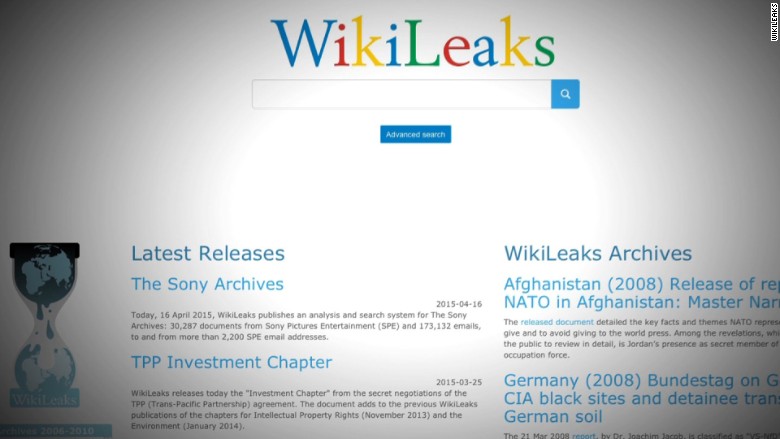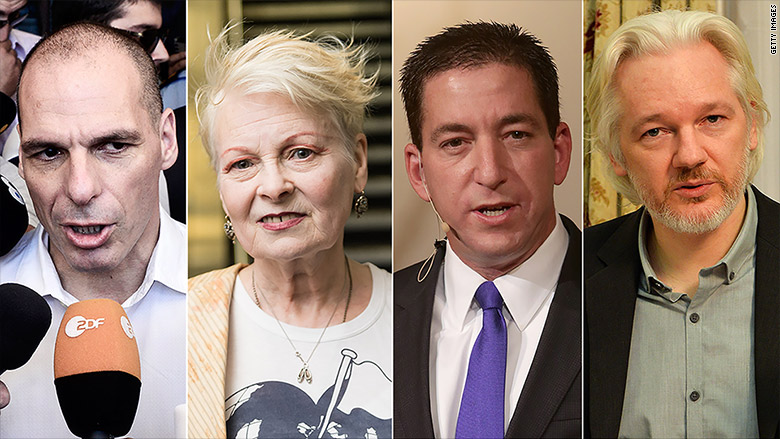
WikiLeaks wants access to secret U.S.-European trade documents, and it's willing to pay a $110,000 bounty for the papers.
WikiLeaks announced Tuesday it's raising money to pay the reward so it can reveal details about plans for the Transatlantic Trade and Investment Partnership.
Over $25,000 has been pledged so far. Donors include fashion designer Vivienne Westwood, former Greek finance minister Yanis Varoufakis and WikiLeaks founder Julian Assange.
The trade deal, as often happens with negotiations, has been under wraps while U.S. and European Union officials try to hammer out terms.
"WikiLeaks is taking steps to ensure that Europeans can finally read the monster trade deal," WikiLeaks said in a statement.
Kristinn Hrafnsson, a spokesman for WikiLeaks, said the documents should be obtained "by any means possible."
The European Commission, which is in charge of negotiating the trade and investment deal with the U.S., said it makes every effort to be transparent. Both sides have websites with information about the Transatlantic trade deal.

In a similar move, WikiLeaks offered a reward for the latest information about trade talks for the Trans-Pacific Partnership, which is being negotiated between the U.S. and 11 other nations.
It has leaked some information from these talks before offering a reward.
In a new 11-minute video, WikiLeaks accuses the U.S. of pursuing trade talks to ensure the dominance of its largest corporations, while excluding major developing nations such as China, Russia and Brazil.
Related: India is the world's largest beef exporter
The trade talks have faced criticism over a variety of issues.
The Trans-Pacific Partnership has been blasted by Japanese automakers and farmers worried they will lose business if cheaper American imports are allowed to flood into the country.
And in Australia, opponents say consumers could be forced to pay more for prescription medicines because certain provisions could allow pharmaceutical firms to extend their patents, preventing cheaper generics from hitting the market.

